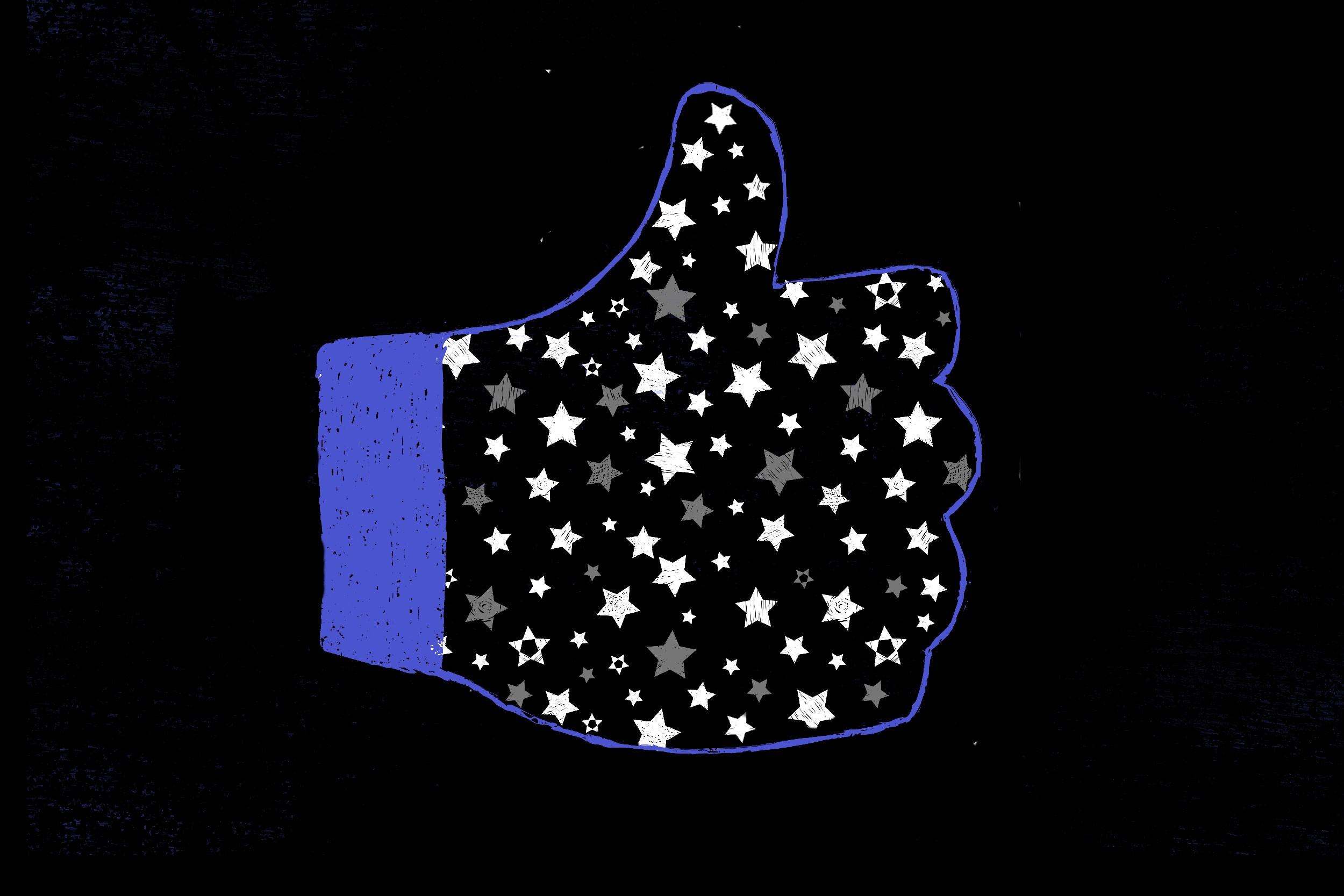
I am a fuddy-duddy. You are going to call me this, so let me spare you the trouble now. I am hopelessly, foolishly set in my antiquated ways, clinging to cumbersome and outdated systems even as I am blasted with dust kicked up by sleek vehicles of change. Nice things, better things, simpler things, cooler things: These are just some of the items I turn down.
But so help me God if iTunes’s star-rating system isn’t the single best thing about listening to music digitally.
The what?, you are probably asking. But you know — you do! Come now … dig deeper … reach for those furthest, fuzziest memories … back when the iTunes logo was green, yes … and ah! There we are. That thing you would accidentally click on sometimes while you were busy doing something else, something more important. That irritating pop-up asking you to rate your music, song by song, on a scale of one to five. That thing you never, ever used, not once, that you didn’t think anyone used. That’s the one I mean.
If you are a reasonable person, the kind with the sort of advanced tech savvy as to, say, close the refrigerator door when it starts beeping angrily, you probably stream the vast majority of your music. Maybe you use Spotify, or Pandora, or Last.fm, or Tidal, or Google Play, or some other service that fuddy-duddies like me don’t know. Maybe you use Apple Music, which I have feelings about that we will discuss shortly. My friends stream their music. My parents stream their music. My dentist streams his music, on a large television that’s positioned directly in front of the patient chair. (Sara Bareilles is in heavy rotation.) One can know only so much about the secrets of another’s aural life, but so far as I can tell, all of these people are very happy, musically speaking. Maybe you, a streamer too, are also happy, and that is just a splendid thing.
But friends — my dear, dear friends — I must tell you that when it comes to stars, you’re missing out. I do not stream my music. Instead, I hoard songs on my devices by the thousand, which is cumbersome and ugly and facilitated, totally, by a moat of carefully curated star ratings. Five stars? Hell yeah, cue it up. Three stars? Eh, maybe. One star? Good lord, who put the Grease soundtrack on here? (I did, in October 2008.) Nearly half of the songs in my iTunes library have four- or five-star ratings, which is a high ratio except in the sense that it is a collection of things I love. It’s a system built around the primacy of enjoyment, the concept that how much I like a song is just as important as its length or genre or title. And sonny, with just a little elbow grease, it works.
Let me also say: I am not alone in my defense of the stars. Nay, I am joined by a fierce army of, uh, maybe dozens of us who have felt not just pride but a certain duty in deciding whether that 2005 Fall Out Boy song deserved two or three stars. “My star-rating-based smart-playlists system is massive and goes back over 15 years. And it works fantastic!” wrote one defender on an Apple message board this year in protest of the company’s gradual encroachment on the system. “I’ve spent YEARS perfecting my star ratings and creating playlists based on them,” wrote another. “Rating/liking music is much deeper than a binary 1 or 0,” insisted a third.
We are on the wrong side of this argument — there’s no denying that. No less a force than Apple is trying to do away with star ratings and perhaps iTunes itself, which has lately been conscripted into trying to lure users away to Apple Music, like a caterpillar stuffed with a deadly wasp egg. You can listen to your entire library on your phone, iTunes coos. You will have the complete scope of human recording at your fingertips. You can open it here, right here, in your browser, and forget that iTunes ever darkened your door.
The outlook for the star-ratings system is bleak. On the iPhone, Apple has tried to phase out stars in favor of a binary heart system, where something either earns a heart or does not; as of iOS 10, this is the only way to rate songs in Apple’s Music app. In iTunes, the stars are now joined by new options that are almost certainly hints of what the future holds: You can either “Love” or “Dislike” a track.
To which I ask: Must we boil down the joy of music listening to two options? Are the only possible opinions really “good” or “bad”? If I don’t necessarily “love” Now That’s What I Call Music! 17, do I dislike it? Is music no more than digital cilantro? Are we not men?
The reality, of course, is that the binary Apple pushes these days is less about organization than it is about optimizing recommendations for — you guessed it — streaming. With a simple yes or no, you aren’t rating anything — you’re just plugging more data into an algorithm. Computers have no time for weird, old obsessions or the discordant wonder of Shakira’s Laundry Service. Here, have some easy-listening music with those beachy undertones you keep giving a thumbs up to, and take a load off. Algorithms don’t paint in shades of gray.

